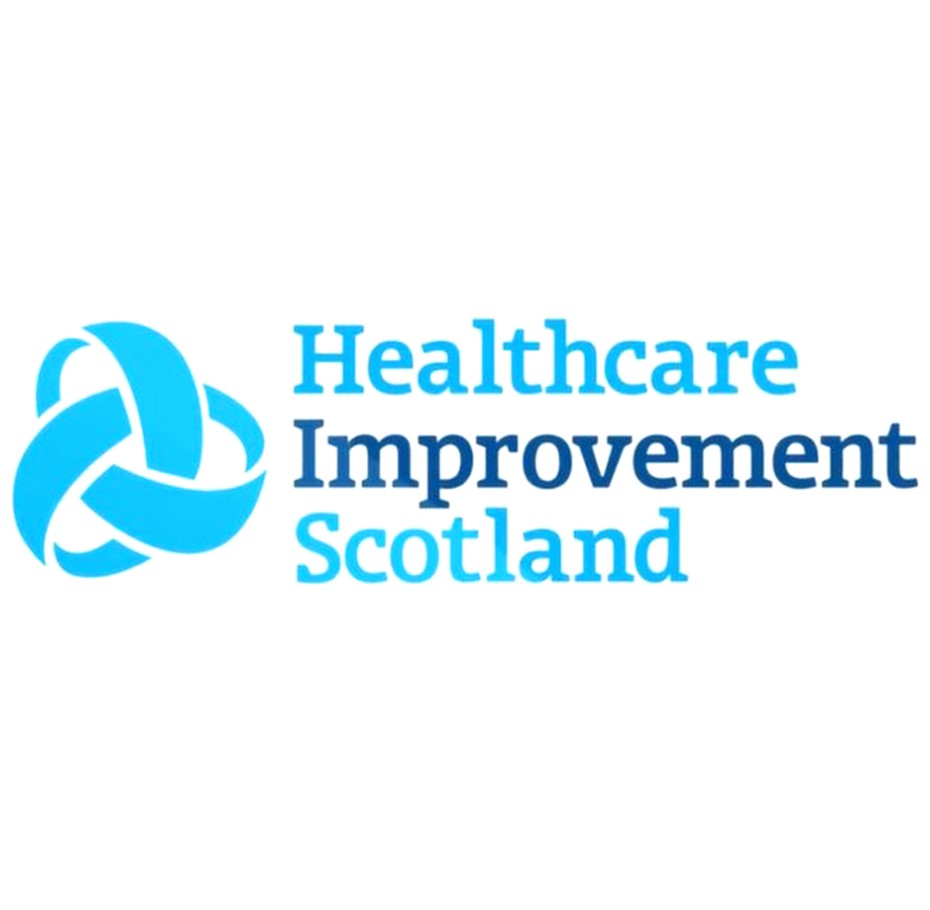Glycopyrronium to reduce saliva production

Please refer to the following website:
Glycopyrronium to reduce saliva production – Medicines For Children

Please refer to the following website:
Glycopyrronium to reduce saliva production – Medicines For Children